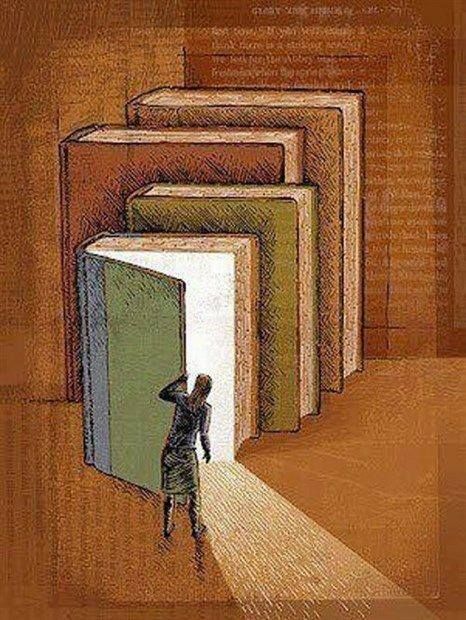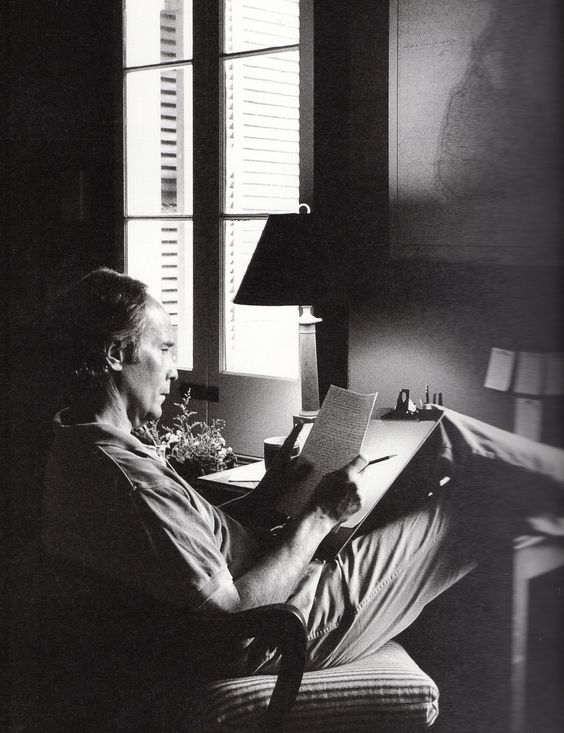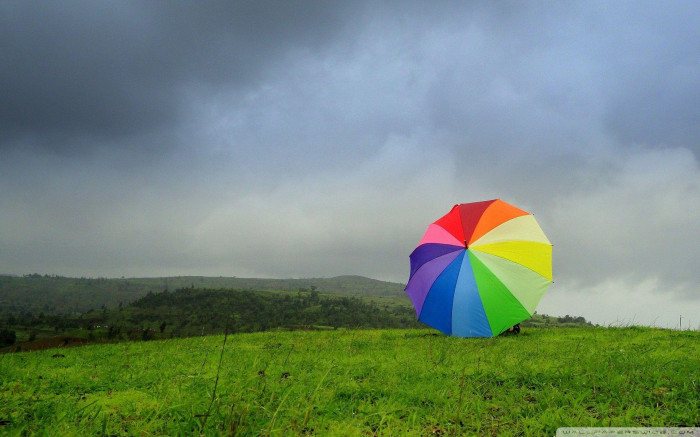Introduction
In the 21st century, the landscape of writing (and writers) has undergone a radical transformation, primarily driven by technological advancements and cultural shifts. The writer’s mind, once confined to pen and paper, now navigates a digital realm rife with new opportunities and challenges. The proliferation of digital platforms and social media has given writers unprecedented access to global audiences, profoundly altering their creative identities and interactions.
In this new era, technology plays a pivotal role in shaping the writer’s mind. Word processors and digital note-taking tools have streamlined the writing process, enhancing efficiency and organization. However, this convenience also brings distractions and potential detachment from the tactile experience of putting pen to paper, altering the writer’s thought process.
Moreover, the integration of artificial intelligence into content creation poses intriguing dilemmas for writers. While AI-powered tools can assist with generating ideas and automating certain aspects of writing, concerns arise regarding originality and human creativity. Writers must grapple with the ethical implications of relying on AI and strike a balance between human ingenuity and technological assistance.

The 21st-century writer’s mind also faces challenges stemming from the digital age. The explosion of information and constant connectivity demand the writer’s attention and focus. Information overload can hamper creativity, leading to a struggle for inspiration amidst a deluge of data. Additionally, the online realm exposes writers to both praise and criticism, fueling self-doubt and imposter syndrome. Writers must navigate the pressure to perform in a fast-paced and demanding digital landscape.
The 21st century has ushered in a new paradigm for the writer’s mind. Technology has revolutionized the writing process, but with it comes potential drawbacks. Writers must adapt to the changing times while preserving the essence of their craft. Navigating the digital age requires a careful balance between leveraging technological tools and nurturing authentic creative expression. Understanding these complexities is essential for writers aiming to thrive in this dynamic and challenging era.
Impact of Technology on the Writer’s Mind
Technology has significantly impacted the writer’s mind in the 21st century, reshaping the writing process and creative thinking. The advent of word processors, digital note-taking tools, and collaborative writing platforms has revolutionized how writers approach their craft. These technological advancements offer increased efficiency and convenience, enabling writers to edit, revise, and store their work with ease. However, this transition from traditional pen and paper to digital interfaces also poses challenges. The tactile experience of writing is replaced by the click of keys, potentially altering the cognitive processes involved in creative expression.
Furthermore, the integration of artificial intelligence into the writing domain has raised intriguing questions about the writer’s role. AI-powered tools can generate content, provide suggestions, and even simulate human-like writing styles. While these capabilities offer novel opportunities, they also provoke concerns about authenticity and originality. Writers must grapple with the ethical implications of using AI in their work and preserve the distinctive qualities of human creativity.

The omnipresence of technology has also intensified the sense of competition among writers. Digital platforms and social media provide access to vast audiences, but they also inundate writers with an abundance of content. Standing out in this crowded digital landscape demands constant attention, promotion, and adaptation to changing algorithms. The pressure to perform and maintain relevance may lead to creative burnout and compromise the quality of the writer’s output.
The impact of technology on the 21st-century writer’s mind is both transformative and multifaceted. While technological tools enhance efficiency and accessibility, they also challenge traditional writing practices and raise ethical concerns. Writers must strike a delicate balance between leveraging technology for its benefits and preserving the essence of their creative process. Embracing technology as an ally rather than a substitute is essential to navigate the digital age while nurturing authentic creativity and originality.
Challenges Faced by 21st Century Writers
The 21st century has brought forth a plethora of challenges for writers, as they navigate an ever-evolving landscape of digital communication and creative expression. These challenges encompass both internal struggles and external pressures, significantly impacting the writer’s mind.
In the digital age, writers face an unprecedented struggle for attention. With an abundance of information available at the click of a button, capturing and retaining readers’ interest has become an uphill battle. The constant influx of content creates a fleeting attention span among audiences, requiring writers to craft captivating narratives and compelling ideas to stand out amidst the noise.

Internally, writers grapple with self-doubt and imposter syndrome, which can hinder their creative process and overall well-being. The digital era exposes writers to public scrutiny and immediate feedback, intensifying feelings of inadequacy and anxiety. Overcoming these psychological barriers becomes crucial for writers to unleash their full creative potential.
Furthermore, the digital realm blurs the boundaries between public and private life, challenging the writer’s sense of identity and privacy. The online presence demanded of contemporary writers can lead to feelings of vulnerability and invasion. Balancing personal boundaries with professional exposure becomes a delicate tightrope walk for writers striving to protect their mental and emotional well-being.
21st-century writers face a unique set of challenges that extend beyond the act of writing itself. The battle for attention, coupled with internal struggles of self-doubt and imposter syndrome, puts immense pressure on the writer’s mind. Navigating the online world also raises concerns about privacy and identity. Overcoming these challenges requires writers to cultivate resilience, prioritize mental well-being, and strike a balance between the demands of the digital era and authentic self-expression. By acknowledging and addressing these hurdles, writers can better equip themselves to flourish in the fast-paced and demanding landscape of 21st-century writing.

Nurturing the 21st Century Writer’s Mind
In the 21st century, nurturing the writer’s mind has become a multifaceted endeavor, requiring attention to various aspects of creativity, mental well-being, and interdisciplinary exploration.
Effective strategies for fostering creativity play a pivotal role in the writer’s journey. Embracing curiosity and actively seeking diverse experiences can inspire fresh ideas and unique perspectives. Engaging in activities beyond the confines of writing, such as art, music, or nature, can stimulate the imagination and break through creative blocks. Moreover, establishing a consistent writing routine and setting aside dedicated time for reflection and brainstorming can help maintain a steady flow of ideas.
Mental well-being is of paramount importance for writers in the 21st century, given the challenges they face in the digital era. Cultivating mindfulness practices can help writers manage stress, anxiety, and self-doubt. Techniques like meditation, journaling, and engaging in supportive writing communities foster a sense of connectedness and emotional resilience.
Interdisciplinary exploration is a powerful tool for enriching the writer’s thought process. Engaging with fields beyond literature, such as science, philosophy, or history, can provide writers with a broad knowledge base and a deeper understanding of human experiences. This cross-pollination of ideas can infuse their work with unique insights and fresh perspectives.

Nurturing the 21st-century writer’s mind requires a holistic approach that embraces creativity, mental well-being, and interdisciplinary exploration. By fostering creativity through curiosity and diverse experiences, writers can keep their ideas flowing. Prioritizing mental well-being and adopting mindfulness practices equips writers with emotional resilience to navigate the challenges of the digital age. Finally, engaging with diverse disciplines broadens the writer’s perspective and enriches their work with unique insights. By attending to these various aspects, writers can strengthen their creative prowess and flourish in the ever-changing landscape of the 21st-century writing world.
Conclusion
The 21st-century writer’s mind faces a transformative landscape shaped by technology and cultural shifts. While technology has streamlined the writing process and opened new opportunities for global engagement, it also poses challenges to creativity, originality, and mental well-being. Embracing technology while preserving authentic creative expression is crucial. Writers must navigate the pressures of information overload and public scrutiny while fostering resilience and mental well-being. Adapting writing styles and genres to address contemporary issues showcases the writer’s adaptability and imaginative exploration. Nurturing the 21st-century writer’s mind involves cultivating creativity, prioritizing mental health, and embracing interdisciplinary exploration to thrive in this dynamic era.



